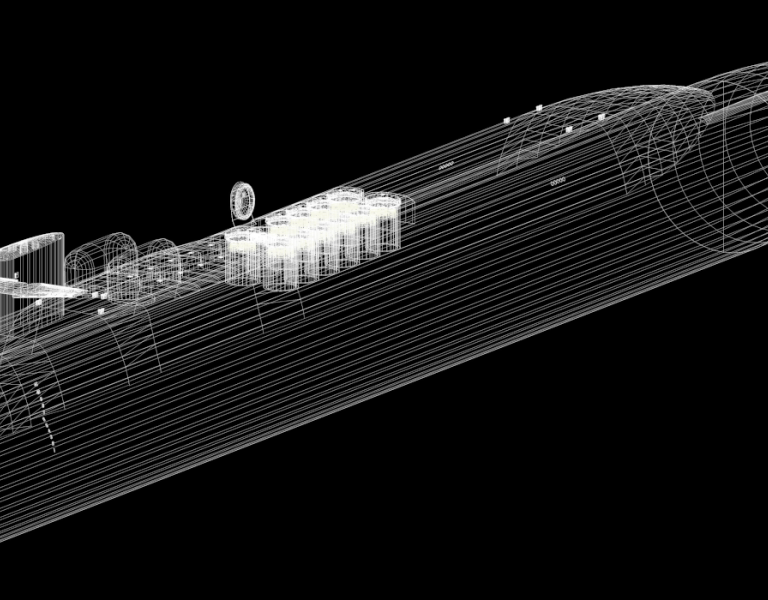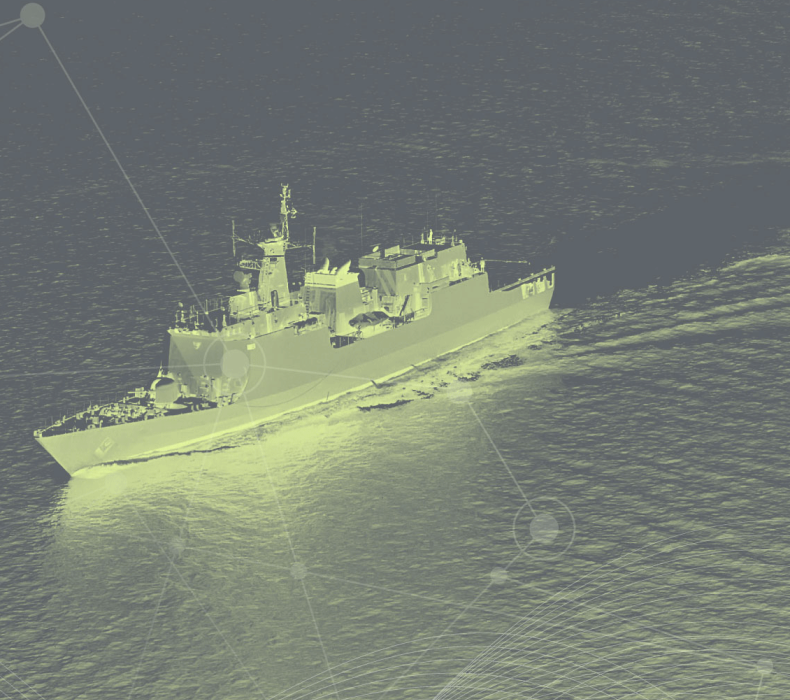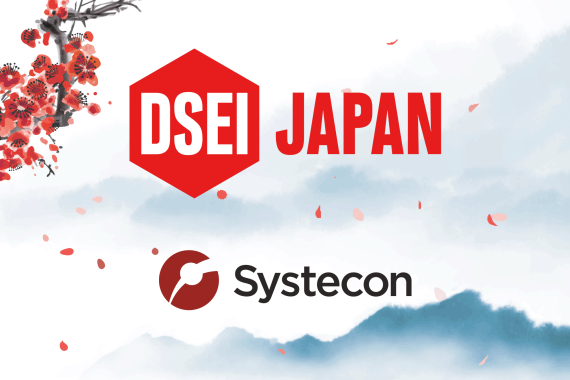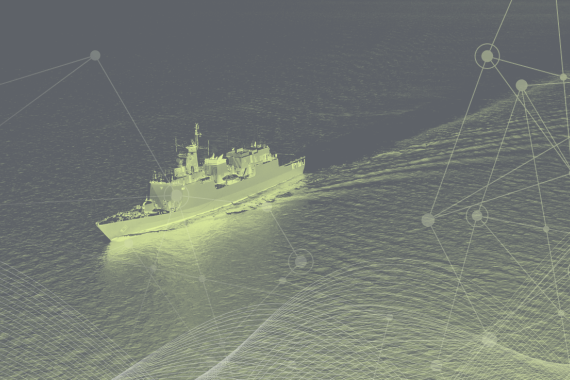

Optimizing Ship Design and Sustainment with Opus Suite
Designing naval vessels involves addressing a multitude of complex challenges to ensure they meet operational, safety, and performance requirements. Opus Suite helps you take control over performance and life cycle costs when evaluating design alternatives, both in the early phases and when making decisions on potential upgrades.
Developing effective maintenance strategies is vital to ensure the operational readiness of naval vessels. Ships are complex "system-of-systems" designed to be multipurpose. This complexity makes it challenging to design and verify the built-in capabilities. An additional complexity that differentiates ships from other systems are their capability to carry a support for continuous missions. Effective maintenance both on board and at base, are crucial for continuous missions.
Managing the costs associated with the entire life cycle of a ship, from development to decommissioning, requires comprehensive cost analysis and optimization. As technology evolves, continuous investment in upgrades is necessary to maintain capability and adapt to new operational conditions, given the long lifespan of ships.s.
Design Phase Excellence
In the initial design phase, different alternatives are typically compared using high-level assumptions to evaluate functional blocks against the Design Reference Mission. Given the multi-purpose nature of most ships, it's crucial to assess all aspects of functionality. As the design matures, preparation for design reviews, including preliminary and critical design reviews, becomes essential.
Critical Design Review (CDR) Support
Opus Suite tools are integral to supporting the Critical Design Review (CDR) process. Our suite offers comprehensive Modeling and Simulation capabilities, ensuring that your design meets and exceeds expectations. Key tasks supported by Opus Suite include:
- Validating Target Performance Requirements: Ensure your design meets the Availability Operational (Ao) requirements.
- Tactical Mission Capability Validation: For example, validate through simulation that your system design can achieve a platform-level Ao of 80% under the Design Reference Mission. Or evaluate how the system design meets the requirements of a 45 days reference scenario and the endurance during a potential extension of 45 days.
- Maintenance Strategy Development: Create efficient maintenance to enhance mission readiness, reduce life cycle costs, and minimize crew hours.
- Sustainment Strategy Optimization: Utilize advanced modeling for Level of Repair Analysis and Maintenance Task Analysis to optimize sustainment strategies.
Achieving Design Confidence
Opus Suite is ideal for validating design performance before or during the CDR, when a primary objective is to ensure that the ship's systems configuration can meet operational and life cycle sustainment targets under expected conditions. With the comprehensive and flexible data model of Opus Suite, its possible to make accurate representations of all systems and attributes in the ship model, which is key to achieving high confidence in predictions.
Advanced Capability Analysis
Opus Suite is designed to excel during the ship design phase. Key capabilities include:
- Mission Capability Analysis: Accurately forecast mission capability.
- Mission Inherent Availability (AIM) Analysis: Determine the inherent capabilities to perform the intended missions.
- Weakness Identification: Identify and address weak areas, the downtime drivers, in system design or support that affect reliability and availability.
- Criticality Assessments: Provide recommendations for improvements such as system redundancy, equipment selection based on inherent reliability, and logistic support solutions.
- Performance Metrics: Deliver selected performance metrics for systems, subsystems, assemblies, or combinations thereof.
Relevant Systems Engineering Example: Naval Ship Design
To illustrate the relevance of these capabilities, consider the design of a naval ship. Systems engineering plays a crucial role in ensuring that all subsystems work together seamlessly to achieve mission objectives. This is where Opus Suite can provide invaluable decision support. For example in the following areas:
Concept Design and Evaluation:
Alternative naval ship designs are compared using high-level assumptions to evaluate their ability to meet the many different mission requirements, such as combat readiness, propulsion efficiency, and communication capabilities.
Performance Assessment:
Using Opus Suite’s simulation tools, engineers can assess the ship’s performance under various scenarios and environmental factors, such as combat situations, long-duration patrol, or adverse weather conditions. Thus validating that the design meets all the performance targets.
Maintenance and Sustainment Strategies:
Developing a maintenance strategy is critical for naval operations. Opus Suite tools help to optimize the needed capabilities and resources.
Reliability and Availability Analysis:
By calculating mission reliability and inherent availability, engineers can identify potential failure points and recommend design improvements. For instance, adding redundancy to critical systems like navigation and weaponry can significantly enhance mission success rates.
Why Choose Opus Suite?
Opus Suite’s integrated approach, advanced simulation and optimization capabilities, comprehensive cost analysis, and robust decision support make it a superior choice for organizations looking to excel in their life cycle management processes. Whether you are managing a single project or a complex portfolio, Opus Suite provides the tools you need to achieve your goals efficiently and effectively.
Book a demo

Webinar - Optimizing Maritime Systems Design with LCM Insights
Unlock the full potential of maritime systems design with analysis-driven Life Cycle Management (LCM) as the foundation for well-designed systems and operational excellence.
Watch the webinar




